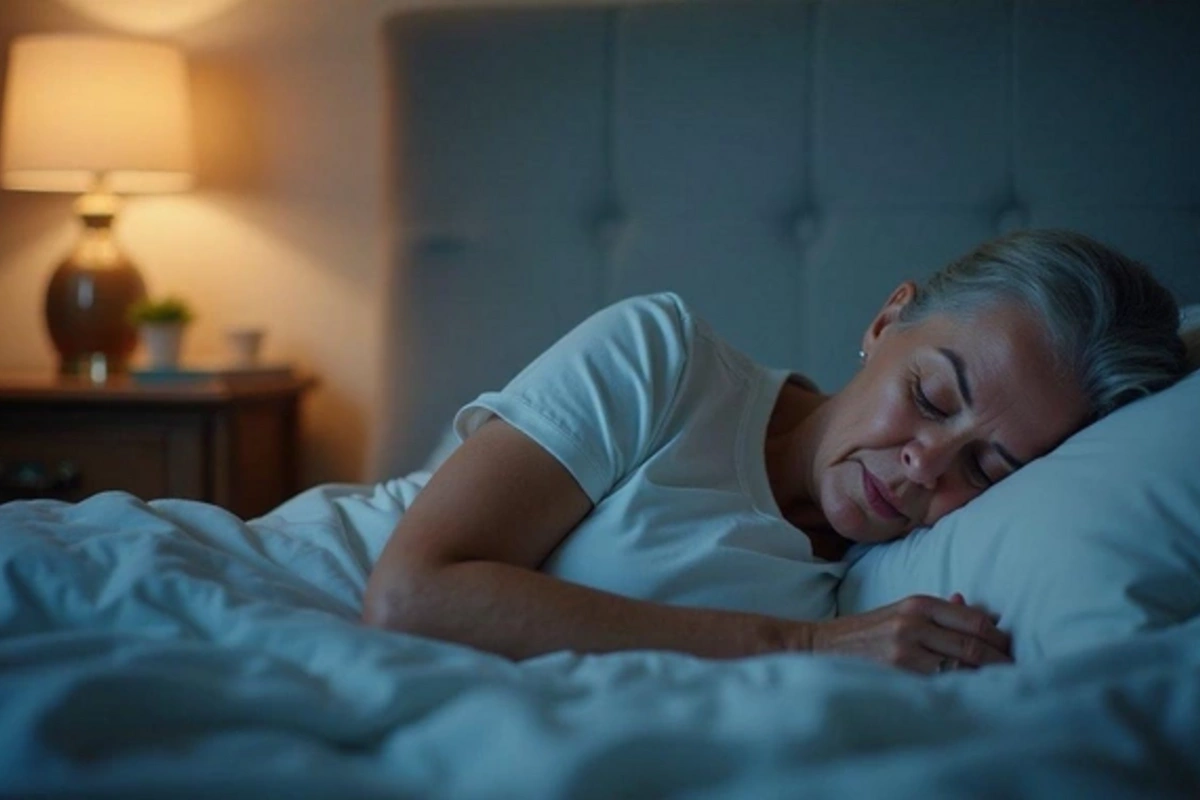01 Jun , 18:05
0

Why Sleep Gets Worse with Age: Scientists Reveal Physiological Causes of Insomnia in Older Generations
Many notice: with age, sleeping becomes more difficult - it's harder to fall asleep, you wake up more often during the night, and in the morning you feel unrested, even after sleeping for 7-8 hours. This isn't simply "old age," but the result of specific physiological and neurochemical changes.
Changes in brain function. With age, the function of the suprachiasmatic nucleus - the center of sleep and wakefulness associated with circadian rhythms - becomes disrupted. This nucleus becomes less sensitive to signals of light and darkness, causing the "biological alarm clock" to malfunction.
Consequences: drowsiness during the day, alertness in the evening. Early awakening and inability to fall back asleep. Shift in sleep phase ("going to bed at 9 PM, waking up at 4 AM").
Decreased melatonin levels. With age, the production of melatonin - the sleep hormone - decreases. It is responsible for the feeling of sleepiness and maintaining deep sleep.
Result: it's more difficult to fall asleep. Sleep becomes more superficial and fragmented. Deep sleep decreases. The deep (slow-wave) sleep phase in elderly people is reduced by almost half compared to young people. It is during this phase that the body and brain fully recover.
Impact: frequent night awakenings. Decreased energy and cognitive functions during the day. Poor recovery after physical and mental exertion.
Diseases and medications. Elderly people more often experience: arthritis, heart problems, bladder issues - all interfering with sleep. Neurological disorders (such as Parkinson's disease, dementia). Taking medications (antihypertensives, diuretics, antidepressants) can disrupt sleep. Increased anxiety and stress. With age, the level of existential anxiety, concerns about health, loneliness, and the future may increase. This activates the sympathetic nervous system, making it difficult to relax and fall asleep.
Lifestyle and light exposure. Less movement, less time in the sun, more time in front of screens - all of this disrupts biorhythms and suppresses melatonin production.
What helps to sleep better in mature age: sunlight in the morning - helps to "reset" biorhythms. Physical activity during the day, but not before bedtime. Limiting screen time 1-2 hours before sleep. Consistent sleep schedule - going to bed and waking up at the same time. Avoiding caffeine after 2:00 PM. Gentle practices: meditation, breathing, warm bath.
For serious sleep disorders, it's worth consulting with a sleep specialist. With age, sleep quality naturally deteriorates due to hormonal and neurophysiological factors. But this isn't a sentence - by adjusting your schedule, activity, and habits, you can regain deep and restorative sleep.